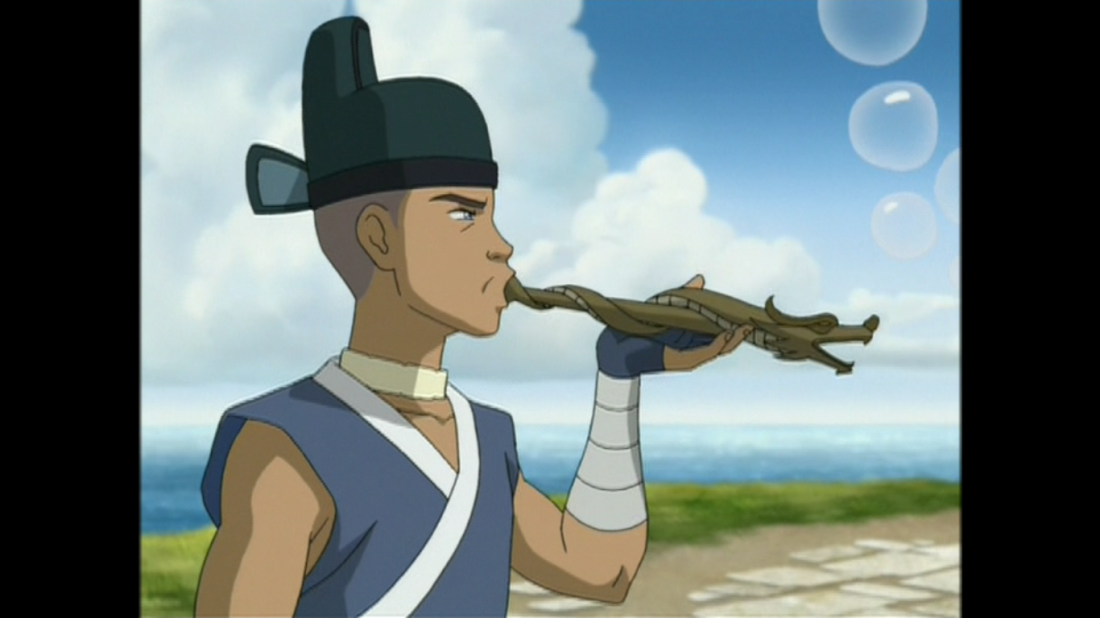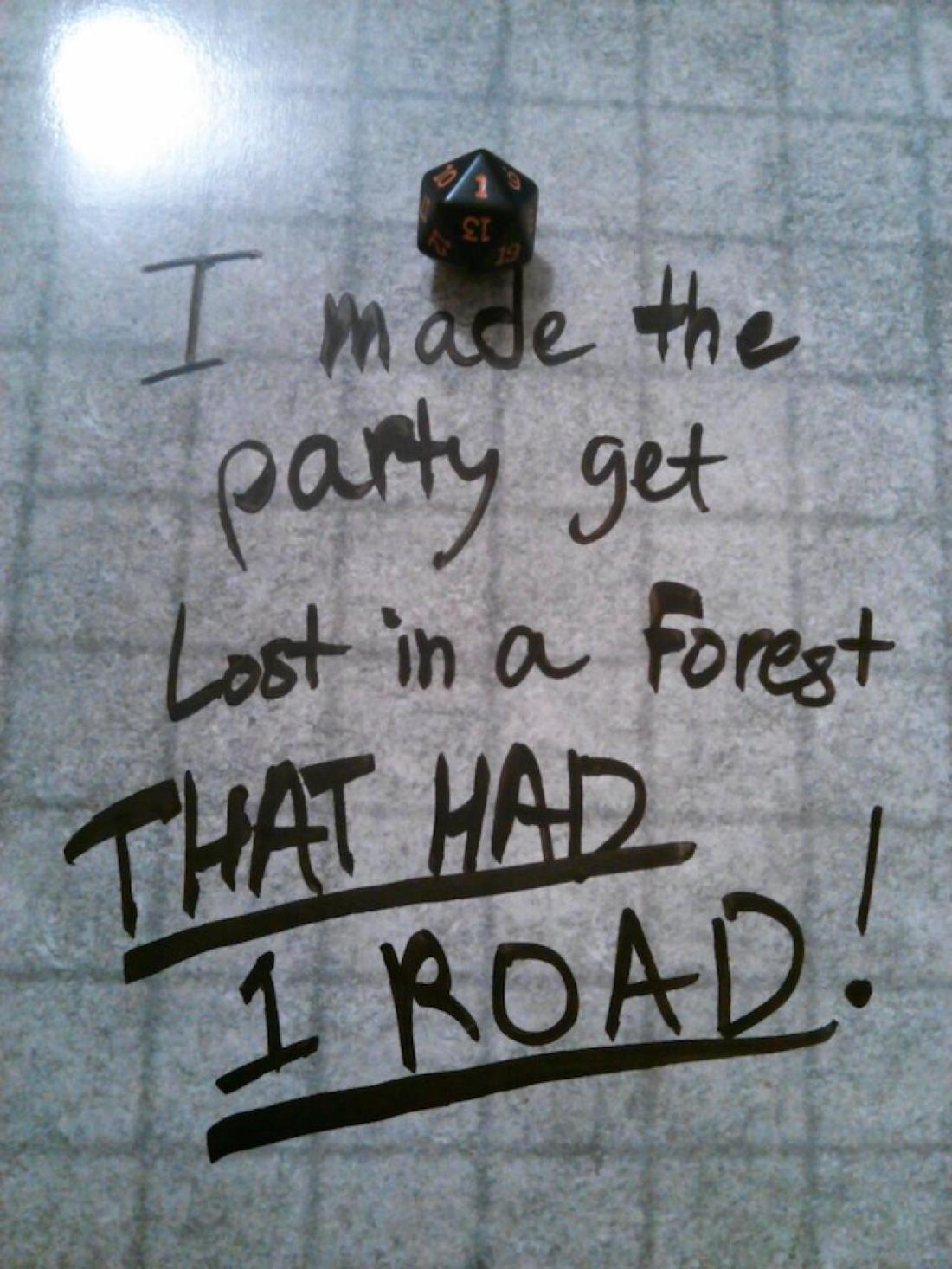For the first time in a long time, I’m sitting down at the gaming table not as a GM, but as a player. Courtesy of my SoCal Gaming Club, the Dead Gamer’s Society, I’ll be enjoying a short run game of Mage: The Awakening (2nd Ed for those of you keeping track at home).
I created a character for the game recently, roughly around the same time I was developing and outlining my current feature film project. And the process of creating the character helped feed into my creative juices for development.
And I owe it all to a little randomness.
Pick a Card. Any Card.
Mage the Awakening is one of those games that lends itself very well to props. Much like Sokka of the Southern Water Tribe, I am a firm believer in the power of stuff.

One of those props is a set of Mage-themed tarot cards the company printed up a few years ago. They’re offering them again now, but I snagged mine during the original print run. I collect occult junk as a kind of hobby, and the artwork on the Mage cards is particularly beautiful.
The artwork creates an amazing feel of modern wonder and dread. Kind of like “Harry Potter” meets “The Magicians” meets Guillermo del Toro.
The pack comes with a little mini rule book, detailing the meaning of each card, and also giving you ideas on how you can use this prop in the game. I’m not sure I’d ever use some of them, but there is one option I particularly like.
Character creation.
You can download the rulebook for free at the above link to get the full download, but I’ll summarize it here real quick:
Shuffle the deck and draw five cards. Those cards stand in for five key points in the character’s life.
- Who they were before the Awakening (the big awesome magical revelation moment when they became a mage)
- Their first contact with the idea that the world is not quite what they think it is
- Their Awakening (the big awesome revelation moment)
- The character’s strength or virtue
- The character’s weakness or vice.
Why do I love this?
It all has to do with the tyranny of the blank page.
The Tyranny of the Blank Page
It had been some time since I made my own character. I usually like to bounce off my fellow players and the general feel of the campaign to help give me ideas, but for a variety of unimportant reasons, I didn’t have a whole lot to go on in this case.I was faced with what is sometimes called the tyranny of the blank page.
The tyranny of the blank page is something that plagues all creatives. Filmmaker, writer, visual artist, singer. It’s the fear that comes when you look at a blank page — a page of truly unlimited potential. You could put ANYTHING there.But we’ve learned that when humans are given the power to do anything, they actually struggle with picking something to do.
Oysters need a little irritation to create a pearl.
A lot of character creation systems in tabletop RPGs are, on some level, designed to help fight the tyranny of the blank page. Here’s how you can use them.
Three Character Creation Systems
This list is, by no means, exhaustive. There are dozens of games out there I haven’t played, and if you know of some awesome system I haven’t covered let me know so I can learn more about it.These are just three starting points for you to jump off of.
1. Roll of the Dice
DnD, the big granddaddy of all RPG systems, uses what’s called a dice-roll system to help you figure out your initial character stats. (Strength, Intelligence, Constitution, etc). This is opposed to what’s called a “point buy” system, where everyone gets a stack of points to buy strengths and weaknesses with.
DnD has a point-buy system option too, incidentally, but the original default assumption was that you would roll the dice to figure out what you’re starting stats might be.
Obviously, people tend to prefer the point-buy system for fairness’ sake, but more on that later.The advantage of the dice-roll is that it forces gives you outside variables you can create your character around. Get a really high strength and charisma, but low intelligence?

High intelligence and dexterity, but not much in the way of strength?

The tarot card character creation system I mentioned up there works the same way. It introduces a bit of randomness into the system you have to work from. A lot of writer’s dice or other story games work on this same principle.
2. Buy What You Need
As I mentioned earlier, the other kind of system is known as the point-buy. Everyone gets a set number of points to allocate to skills and superpowers and what-not. From a game perspective, people like this system because it’s fairer. You can’t be so screwed by bad dice rolling luck that you’re notably weaker and more useless than your fellows.

From a character creation perspective, this system is great because it enforces a kind of focus on you. What aspects of the character actually matter? You can’t put points into everything, so you’re going to have to pick and choose. You’ll either create characters who aren’t bad at anything, but not particularly good at anything either, or you’ll be forced to create characters with weaknesses.
That’s good. Weaknesses are always good in characters. It’s those flaws that make them interesting.
What this system does sometimes leave wanting in terms of a character creation tool for other purposes is that, as is, it can leave all your characters feeling a little flattened out.
Sure, you can always give characters more “points”, as it were, but I think it’s more important to remember that these systems are meant to be inspirational, rather than restrictive. Once you get an idea of where you’re going, just go with it.
3. We’re All on the Same Team
It’s VERY common in these kinds of games for new players to come in asking what role needs to be filled.
“Do you guys have a healer?”
“Are there too many rogues?”
“Would a druid fit into this party?”
Figuring out how your characters fit into relations with all the other characters can really help spur ideas. Characters and stories are, in many ways, defined by relationships. The entire original Star Wars trilogy is defined by Luke’s changing relationship with his father.
He starts off wanting to be like him.
He learns the truth and comes to hate him.
He makes peace with it and tries to save him.
Full disclosure — I stole this from Chuck Wendig’s “Damn Fine Story”. Buy it. Read it. Consume the novel so it’s words will live in you, like in “Disney’s Gargoyles”.
This sort of thing is super obvious in very procedural shows. The CW run of DC shows often feature this kind of “role placement” casting — the super-powered lead, their technical back-up, the side-kicks that have their own specialties.
John Rogers may be the kind of this kind of thing, partially because the man is such an avowed gamer. It’s almost impossible to look at “Leverage” and not see a Shadowrun party — this kind of sorting is common in heist films.
The man has even admitted that he used the Fate Core system to help create characters for “The Librarians“. It’s clearly working for him, I’m just saying.
Genre and Literature
Now, many of you might be saying to me, this is all well and good Patrick, but this kind of thing works best for genre stuff. A group of ghost-hunters. A starship away time. An adventuring party. A spy team.
You know, the kind of stuff that you write all the time.
You are not wrong, hypothetical but kind of dickish reader. I have never met an explosion or sword fight I didn’t like. But I do think you are wrong, oh strawman that I created, in that these ideas are still not applicable to more literary works.
Stuff with fewer explosions and more character moments. Interpersonal family drama lightsabers. Remove the ideas of strengths, superpowers, and teams, and focus on how these things help spur creativity.
Stuck on aspects of a character? Introduce a little randomness into the system. You may not know what a person’s job is — why not let fate decide? It might influence the drama in ways you couldn’t expect. At the very least, you’ll find something that doesn’t work.Having trouble creating characters with texture? Make up a make-shift point-buy system. Characters get texture by their strengths and their flaws.I
t doesn’t have to be combat abilities, but knowing what matters for success in the world you’ve created can help give you an idea of how your character might fly or fall.
Finally, remember that no one exists in a vacuum — especially when you’re writing literary character studies, how a person relates to this around him defines him. The Chronicles of Darkness books have several useful exercises for this sort of thing.
Maybe just take out the murder and the bloodsucking.
Does anyone else have systems they like to use to spur creativity? Let me know!